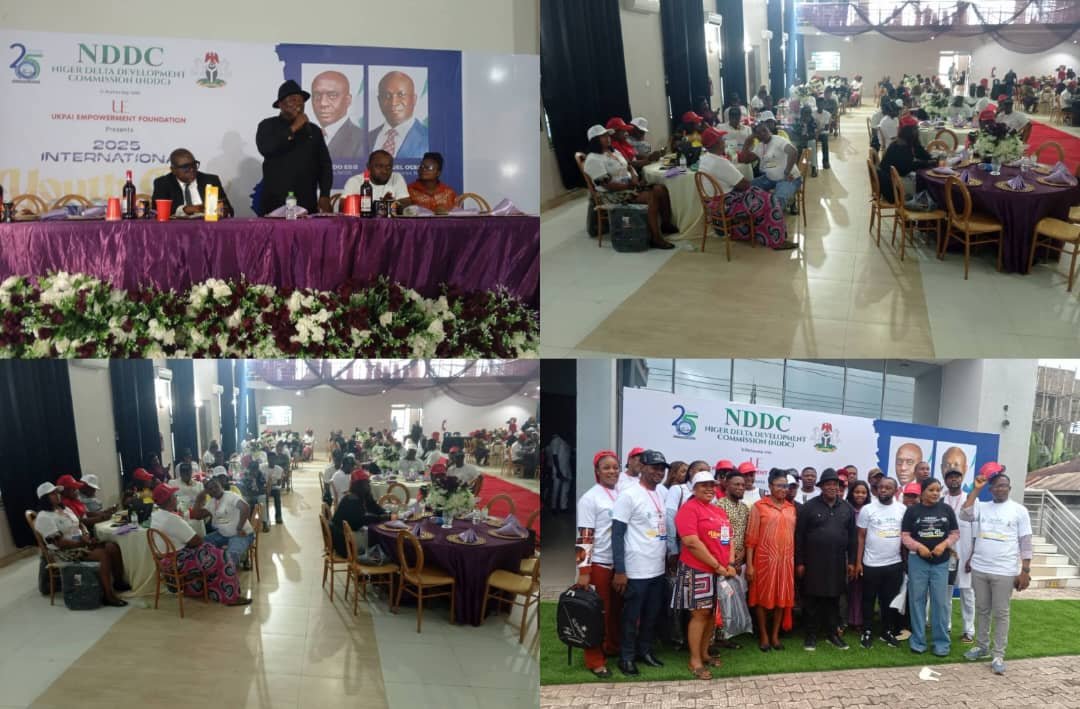View of the nave of the Grand Palais as participants attend the Artificial Intelligence (AI) Action Summit in Paris, France, Monday. [Benoit Tessier/Reuters]
Greece is helping to shape European developments in the crucial sector of artificial intelligence, Prime Minister Kyriakos Mitsotakis has said upon his arrival at the international AI Action Summit in Paris.
“We were one of the first countries to have drawn up a coherent national strategy for artificial intelligence. We are one of the seven European countries designated as an “AI Factory,” an important European funding initiative for the development of artificial intelligence infrastructure in European countries,” he said.
“We are a country that has an extremely rich scientific talent, active in the field of artificial intelligence. We are a country in which many large foreign technology companies have already invested, creating large data centers,” he noted.
While Greece was one of the countries already making use of AI to improve efficiency and productivity in the public sector, Mitsotakis also underlined the necessity “of being able to identify those areas where the state’s intervention is required in order to contain any negative repercussions.”
World leaders and tech executives have convened in Paris to announce new investments in artificial intelligence and discuss how to safely embrace AI at a time of mounting resistance to red tape that businesses say stifles innovation.
Eagerness to rein in AI has waned since previous summits in Britain and South Korea that focused world powers’ attention on the technology’s risks after ChatGPT’s viral launch in 2022.
As US President Donald Trump tears up his predecessor’s AI guardrails to promote US competitiveness, pressure has built on the European Union to pursue a lighter-touch approach to AI to help keep European firms in the tech race.
“If we want growth, jobs and progress, we must allow innovators to innovate, builders to build and developers to develop,” OpenAI CEO Sam Altman said in an op-ed in Le Monde newspaper ahead of the summit.
Some EU leaders including the summit’s host, French President Emmanuel Macron, also hope flexibility will be applied to the bloc’s new AI Act to help home-grown startups.
“There’s a risk some decide to have no rules and that’s dangerous. But there’s also the opposite risk, if Europe gives itself too many rules,” Macron told regional French newspapers.
“We should not be afraid of innovation,” he said.
Trump’s early moves on AI underscored how far the strategies to regulate AI in the United States, China and EU have diverged.
European lawmakers last year approved the bloc’s AI Act, the world’s first comprehensive set of rules governing the technology. Tech giants and some capitals are pushing for it to be enforced leniently.
Meanwhile, China’s DeepSeek challenged the United States’ AI leadership last month by freely distributing a human-like reasoning system, galvanizing geopolitical and industry rivals to race faster still.
More investment
One outcome from the summit was the launch of Current AI, a partnership of countries such as France and Germany and industry players including Google and Salesforce.
With an initial $400 million in investment, the partnership will spearhead public-interest projects such as making high-quality data for AI available and investing in open-source tools. It is aiming for up to $2.5 billion in capital over five years.
Current AI founder Martin Tisné told Reuters a public-interest focus was necessary to avoid AI having downsides like social media. “We have to have learned the lessons,” he said.
Separately, France will announce private sector investments totaling some €109 billion during the summit, Macron said on Sunday.
“The size of this €100 billion investment reassured us, in a way, that there’s going to be ambitious enough projects in France,” said Clem Delangue, the CEO of Hugging Face, a US company with French co-founders that is a hub for open-source AI online.
Delangue said his company would double its investment in France to hire more staff and focus on technology including robotics, but he declined to say how much that would amount to.
Delegations are discussing non-binding statements about the stewardship of AI and about managing AI’s massive energy needs as the planet gets hotter.
Risks
Not everyone in Paris agreed with taking a lighter-touch approach to AI regulation.
In terms of regulation, “it’s sort of a night and day difference, between the US and the EU right now,” said Brian Chen, policy director at Data & Society, a US-based nonprofit which researches the social implications of AI.
“What I worry about is that … there will be pressures from the US and elsewhere to weaken the EU’s AI Act and weaken those existing protections,” he said.
Labor leaders expressed concerns on the impact of AI on workers, including what happens to workers whose jobs are taken over by AI and are pushed into new jobs.
“There is a risk of those jobs being much less paid and sometimes with much less protection,” said Gilbert F. Houngbo, director-general of the International Labor Organization.
Top political leaders including US Vice President JD Vance and China’s Vice Premier Zhang Guoqing will attend the summit. Macron is due to meet with Zhang on Monday and Vance on Tuesday, the French president’s office said.
Top executives such as Alphabet CEO Sundar Pichai and OpenAI’s Altman are slated to give talks as well. [AMNA, Reuters]









